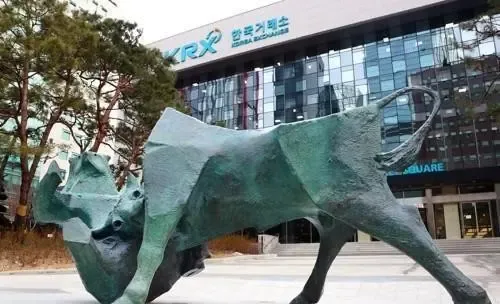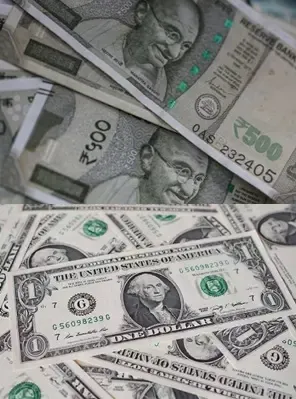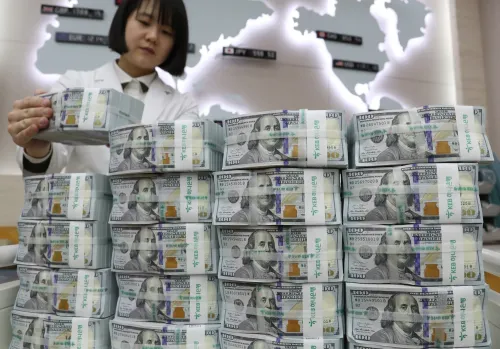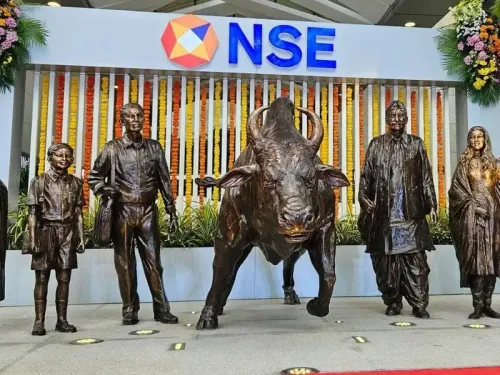How Much Did IPOs in South Korea Increase Through Q3?

Synopsis
Key Takeaways
- IPOs in South Korea increased by 19% in 2023.
- Total proceeds reached 3.41 trillion won.
- 55 companies debuted on stock markets.
- New regulations will allocate 40% of IPO shares to institutional investors.
- KOSPI index has risen over 43% this year.
Seoul, Oct 7 (NationPress) Initial public offerings (IPOs) in South Korea experienced a notable increase of 19 percent during the first nine months of this year compared to the same timeframe last year, according to data released on Tuesday.
The total proceeds from IPOs amounted to 3.41 trillion won (approximately $2.43 billion) for the January-September period, a rise from 2.85 trillion won recorded in the previous year, as per information from the consulting firm IR Kudos Corp, as reported by Yonhap news agency.
During this period, 55 companies made their market debut on the main KOSPI and tech-focused KOSDAQ exchanges, an increase from 47 companies that went public a year prior.
Among these, LG CNS Co., the IT division of LG Electronics Inc., secured the highest amount from its IPO, raising 1.19 trillion won, followed by DH Shipbuilding Co. with 500 billion won and Seoul Guarantee Insurance Co. (SGI) at 182 billion won, according to the data.
The consulting agency anticipates that IPO activity will continue to rise for the remainder of the year, driven by a positive market environment.
This year, South Korea's main index, the KOSPI, has surged over 43 percent.
However, the nation’s financial authorities have announced plans to implement more stringent regulations for IPOs.
Beginning next year, over 40 percent of IPO shares will be allocated to institutional investors who agree to hold onto these shares for a specified duration, typically between three to six months.
Currently, around 20 percent of IPO shares are offered to such institutional investors to facilitate the smooth entry of new companies into the stock market.
This regulatory change comes as several institutional investors face criticism for quickly profiting from IPO shares by selling them on the first trading day.










